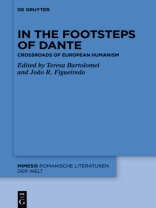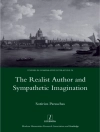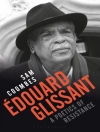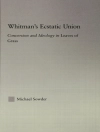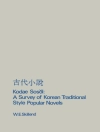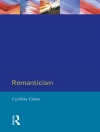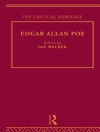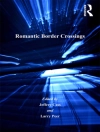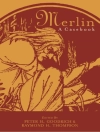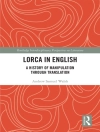Dante, the pilgrim, is the image of an author who stubbornly looks ahead, seeking and building the "Great Beyond" (Manguel). Following in his footsteps is therefore not a return to the past, going a rebours, but a commitment to the future, to exploring the potential of humanity to "transhumanise". This dynamic of self-transcendence in Dante’s humanism (Ossola), which claims for European civilisation a vocation for universalism (Ferroni), is analysed in the volume at three crucial moments: Firstly, the establishment of an emancipatory relationship between author and reader (Ascoli), in which authorship is authority and not power; secondly, the conception of vision as a learning process and horizon of eschatological overcoming (Mendonca); finally, the relationship with the past, which is never purely monumental, but ethically and intertextually dynamic, in an original rewriting of the original scriptural, medieval, and classical culture (Nasti, Bolzoni, Bartolomei). A second group of contributions is dedicated to the reconstruction of Dante’s presence in Portuguese literature (Almeida, Espirito Santo, Figueiredo, Marnoto, Vaz de Carvalho): they attest to the innovative impact of Dante’s work even in literary traditions more distant from it.
Teresa Bartolomei & Joao R. Figueiredo
In the Footsteps of Dante [PDF ebook]
Crossroads of European Humanism
In the Footsteps of Dante [PDF ebook]
Crossroads of European Humanism
Buy this ebook and get 1 more FREE!
Language English ● Format PDF ● Pages 305 ● ISBN 9783110796049 ● Editor Teresa Bartolomei & Joao R. Figueiredo ● Publisher De Gruyter ● Published 2023 ● Downloadable 3 times ● Currency EUR ● ID 9441492 ● Copy protection Adobe DRM
Requires a DRM capable ebook reader
